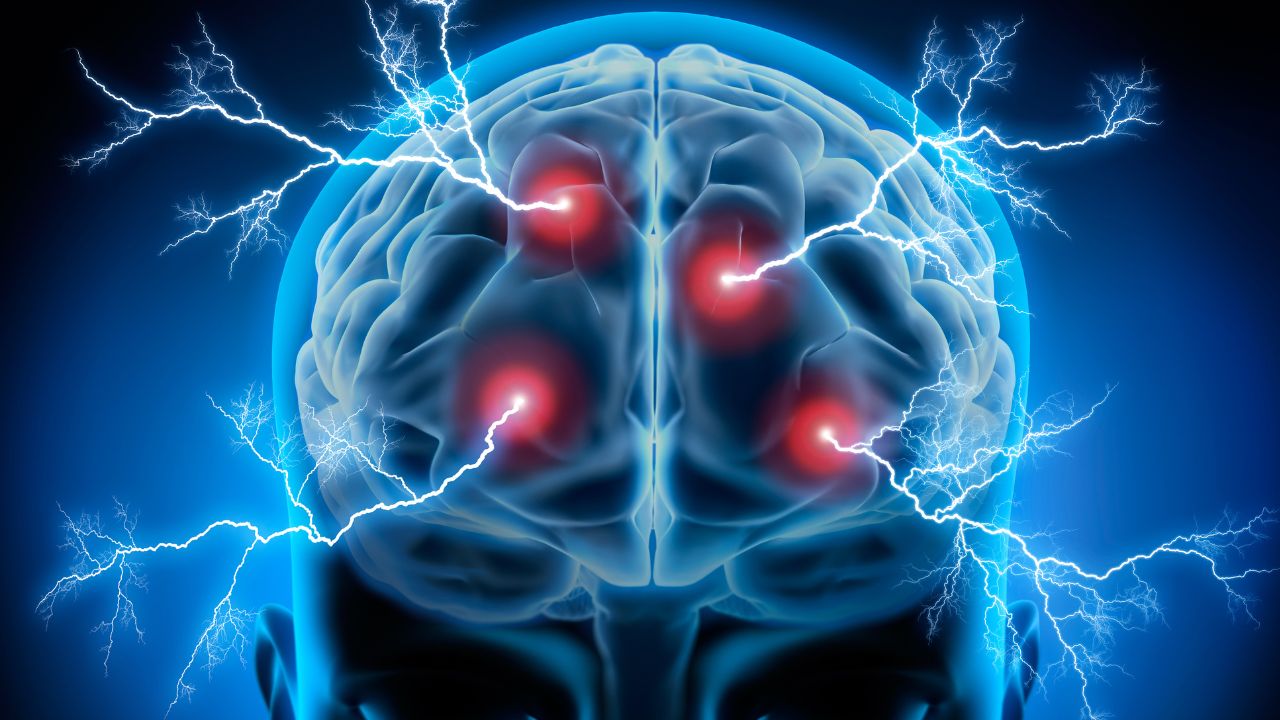Concussions, classified medically as mild traumatic brain injuries (mTBI), are often treated as transient functional neurological events. Yet some research points to their potential to cause prolonged and sometimes under-recognized physiological disruptions. Among these, pituitary gland dysfunction has emerged as a post-concussive concern—especially relevant for athletic trainers (ATs) who are at the frontline of concussion care in student-athlete populations.
The pituitary gland, often dubbed the "master gland," sits at the base of the brain and regulates critical hormones influencing growth, metabolism, reproductive health, and stress response. Disruption to its function after head trauma can profoundly affect an athlete's physical, cognitive, and emotional recovery. For athletic trainers, understanding this connection is essential to ensuring thorough evaluation and safe return-to-play decisions.
How Concussions Impact the Pituitary Gland
The pituitary gland's vulnerability to injury lies in its anatomical and vascular characteristics. It is suspended by a thin stalk (the infundibulum) and relies on a delicate network of blood vessels originating from the hypothalamus. Even a mild blow to the head can shear these vessels or damage the stalk, impairing hormone secretion.

Studies show that pituitary dysfunction can occur even after mild TBIs. Even mild traumatic brain injuries (mTBIs), such as concussions, may lead to pituitary dysfunction. A retrospective study of adults with mTBI and persistent symptoms found that 26 out of 97 patients (≈27%) had growth hormone deficiency, and 78% of those treated with recombinant GH reported significant symptom improvement.
Real-World Application in Athletic Settings
Consider a high school athlete who sustains a concussion during football season. Initially, symptoms improve within a few weeks, and the athlete returns to class and practice under standard return-to-play protocols. But over the next month, fatigue worsens, academic performance declines, and motivation drops. These signs could suggest lingering neuroendocrine dysfunction.
In such cases, an athletic trainer’s awareness of potential pituitary involvement could prompt referral for hormonal evaluation. This early recognition may uncover treatable hormonal deficits, speeding up recovery and improving quality of life.
Gender-Specific Findings in Female Athletes
Hormonal disruption may manifest differently in female athletes. A study on mild TBI in female athletes found that 12.2% showed pituitary dysfunction: 4.6% had hypopituitarism, and 7.6% had hyperprolactinemia—an excess of the hormone prolactin, which can affect mood and menstrual regularity (source).
Given that signs such as irregular periods, mood changes, or unexplained fatigue may be misattributed to stress or overtraining, athletic trainers must remain vigilant to the possibility of underlying hormonal causes.




